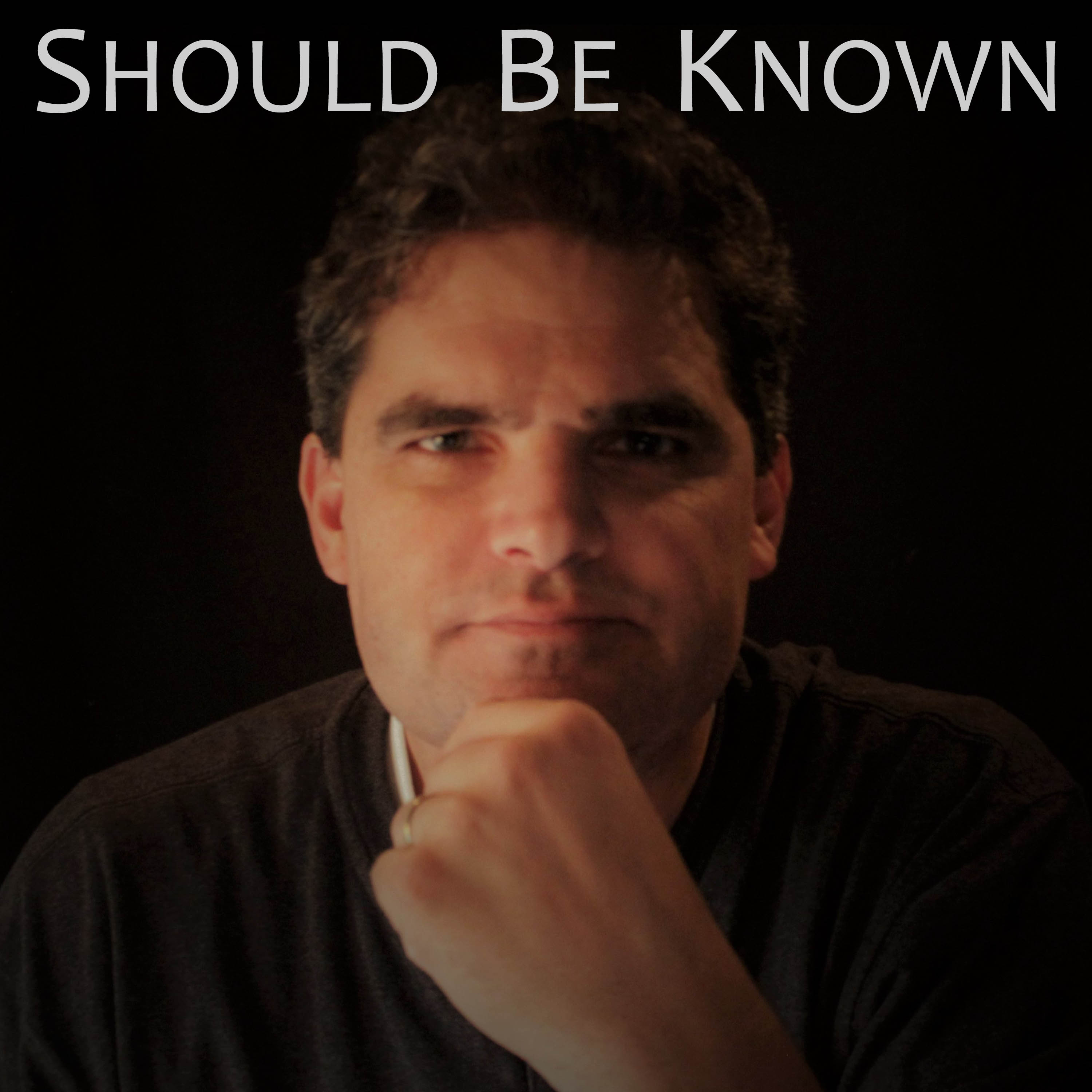 |
Should Be Knownthe best ideas you've never considered Author: Clayton Pixton
We get to the root of human problems like anxiety and depression and relationship issues by unpacking the idea of self-deception, an integral mechanism of life. There is a light of truth to which we have constant access, which when we act against we necessarily blind ourselves to the truth and suffer the consequences, even when we're not aware of what we're doing and are uncondemned by God. That's the idea. I believe it has great potential to unlock our ability to recover from powerful human problems and direct our efforts in this way. Join me on this journey! Language: en-us Genres: Religion & Spirituality, Science, Social Sciences Contact email: Get it Feed URL: Get it iTunes ID: Get it |
Listen Now...
43: Why Do You Care?
Friday, 11 August, 2023
It is apparent that one property of self-deception is a need to have others validate your wrong-ness (as right-ness). You can't be settled or peaceful about your untruthfulness, to use a term I like to use. You must constantly seek justification from others, or attempted justification, we might say, since it is not real and is never satisfied. The scriptures are filled with examples of people who weren't satisfied to ignore the testimony of the prophets or the righteous and go about their lives. They needed to cancel them - kick them out of their cities, or kill them. The Zoramites couldn't even handle that the righteous whom they had kicked out were accepted by another people, and so they began a great war. Obviously the crucifixion of the Savior is another example of this need to cancel the person who is challenging your erroneous beliefs and works. There's no, oh well I don't feel the way he does but he's free to express and live his beliefs as long as my rights are maintained. No, there's not a feeling of equality, but a need to squelch the opposing viewpoint, to the point of harm. So there are extreme examples and there are far more common examples of people who are in the wrong seeking to impose their views on others, or not being comfortable with others having differing views. I don't know if I need to cite current societal trends, probably not. But if your view is correct and in line with God and your knowledge of the truth, through the light of Christ, which everybody has constantly, you don't have this need. You might not agree with people, their views may disturb you in a way, but not because it threatens your correctness. You might have a desire to convince others to your way of thinking, but it's out of love and a desire to do good and serve God and fellow man. So this becomes a clue to everybody, it seems to me, to detect if you're in the wrong about something or not. Do you feel a need for others to believe something you believe? Do you feel a need to silence or eliminate those who don't? If so, it's time to examine your position. This happens in more subtle ways every day in normal interactions, and that should probably be talked about sometime...












